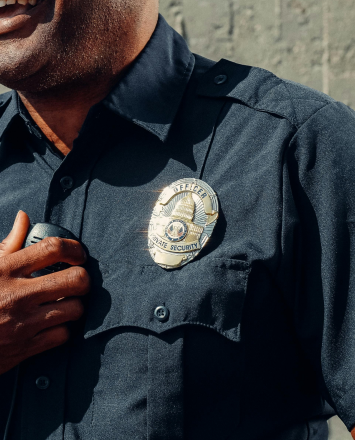A British metal detectorist is enjoying his 15 minutes of international fame after scoring not one but two historic coins in a farmer's field in Sudbury, Derbyshire.
In late July, Jasper Hyde was participating in an event organized by metal detecting group Down To Earth Charity Digs when he happened upon a Celtic gold stater, a coin that dates back more than 2,000 years to 65 BC.
The Celtic coin is likely associated with the Corieltauvi tribe, according to Roger White, an archaeologist with the University of Birmingham. He told the BBC that the Corieltauvi lived in Britain before the Roman conquest, and their former territory now forms part of the East Midlands region of England.
The rare, pre-Roman Era stater should have made his day, but Hyde continued searching the 47-acre farm, about 20 miles from his home in Stone, Staffordshire.
Within an hour, about 400 meters from his first hit, Hyde unearthed an Edward III quarter noble that dates back to the mid-14th century. The coin was minted from high-purity gold, and is in remarkably good condition even though it has been buried for more than 500 years.
"It's very unusual to find gold, and to find two unconnected gold finds from different eras in one day is almost unheard-of," Hyde told Newsweek. "Celtic gold is a very special find, and the pristine condition of the Edward III coin also makes it very unusual."
Hyde enthusiastically shared photos and details of his good fortune on the Metal Detecting Finds UK & British Coins Facebook page, writing, "I dug these two coins yesterday in Derbyshire. Found 400 meters apart and separated by over 1400 years. Corieltauvi Celtic gold stater ca 65 BC. Edward III quarter noble 1351-1361. A lucky day."
Down To Earth Charity Digs are organized to generate funds for charities nominated by the owners of the land where the digs take place. Detectorists pay a fee to participate, and digs to date have generated more than £6,000 for good causes.
Hyde, who had been treasure hunting for only nine months, reported that other metal detectorists on the charity dig had found musket ammunition, Bronze Age axes and a Roman coin, but none of those compared to Hyde's bounty.
"As far as metal detecting days go
A finds liaison officer based at the University of Birmingham told Hyde that the coins were not classified as treasure.
Hyde wants no commercial gain from the finds. Instead, he is hoping that the pair of coins — separated by about 1,400 years of history — will one day be exhibited at the nearby Redfern's Cottage Museum of Uttoxeter Life.
"It's about the history and the enjoyment of finding things and sharing them," he told the BBC.
Credit: Image by Jasper Hyde.






